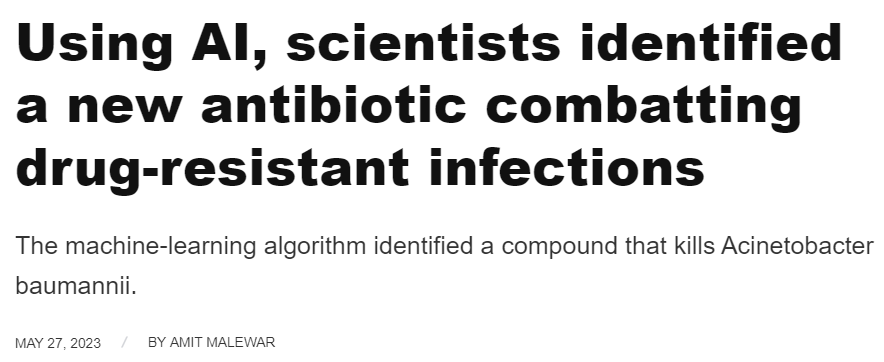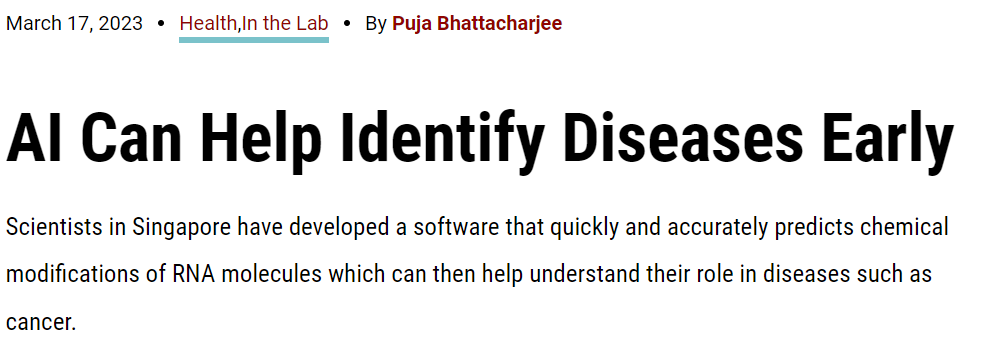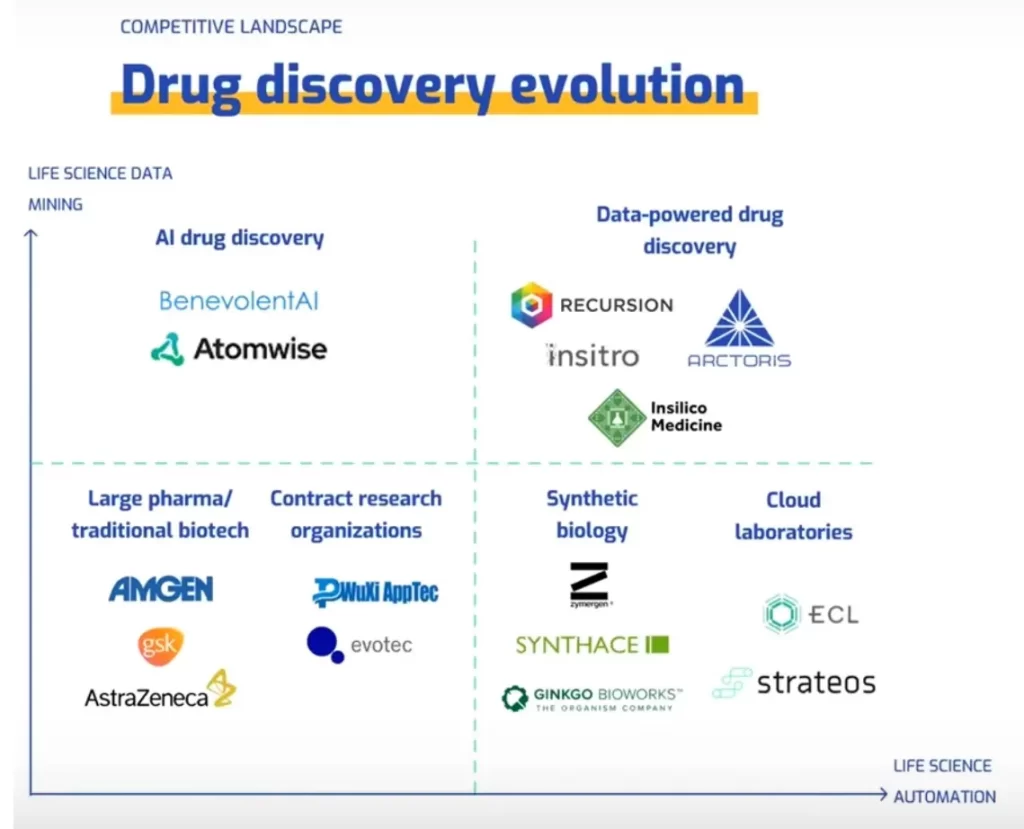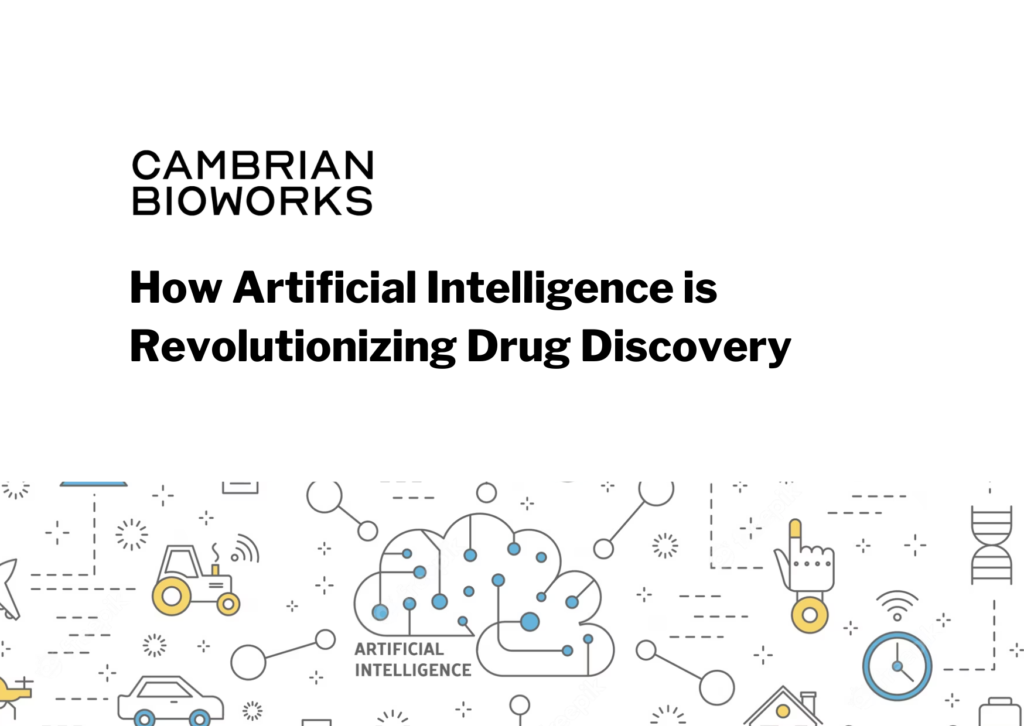Have you seen Hercules (yes, the Greek mythology hero) bursting out some sick dance moves? Or old photos coming to life with the Heritage AI? It’s all pretty dope and doesn’t even come close to covering what all AI can do!
But let’s focus on the impact of AI in genomics as of May 2023.
A recently launched project – The Human Immunome Project could mark a new era in the healthcare industry. The idea is to use artificial intelligence (AI) to create a virtual simulation of the immune system — in all its complexity — over the next decade. The potential impacts could be enormous. From improving the effectiveness of cancer therapies to shedding new light on the ongoing mystery of Long Covid.
But, here’s the thing: Its scale is off the charts. It makes The Human Genome Project, which aimed to sequence all 3 billion base pairs in human DNA and map all 20,000 human genes, look like child’s play.
The data involved in the human immunome is millions of times larger and way more complex!
We’re not just talking about the various types of immune cells.
No, no, no.
It’s about understanding ALL the interactions these cells have had with pathogens, toxins, and the consequences of our diet and lifestyle throughout our lives.
And, on top of that, the immune system is constantly adapting based on our exposures and experiences.
“You need AI because of the scale of the complexity of all this.”
AI has made a massive impact in numerous areas of genomics and diagnostics.
Check out some recent headlines below





It’s been rocking the house in image classification, speech recognition, and much more. Its ability to learn, process, and predict massive amounts of information is a game-changer.
When it comes to biomedical data, we’re talking about a high level of heterogeneity and complexity. This data comes from various sources like omics data from different platforms, experimental data from labs, information from pharmaceutical companies, publicly available textual data, and manually collated data from databases. It’s a lot to handle. But AI finds potential patterns within this VAST sea of biomedical data.
Here’s an incredible example: The AlphaFold2 system used AI to accurately predict the 3D structures of proteins. It blew away the competition in the critical assessment of protein structure prediction!
Companies are adopting LLMs to aid drug discovery
There is a growing wave of companies building drug design platforms of new generation – Recursion Pharmaceuticals (NASDAQ: RXRX), Insitro, Exscientia (NASDAQ: EXAI), Insilico Medicine, Deep Genomics, Valo Health, Relay Therapeutics (NASDAQ: RLAY), you name it — companies that create highly integrated and automated AI-driven and data-centric drug design processes from biology modeling and target discovery, all the way to lead generation and optimization (the so-called “end-to-end” platforms).

Image source: Arctoris
These “digital biotechs” are trying to transform traditional drug discovery, a notoriously bespoke, artisan process, into a more streamlined, repeatable, data-driven process — more resembling an industrial conveyor line for drug candidates.

